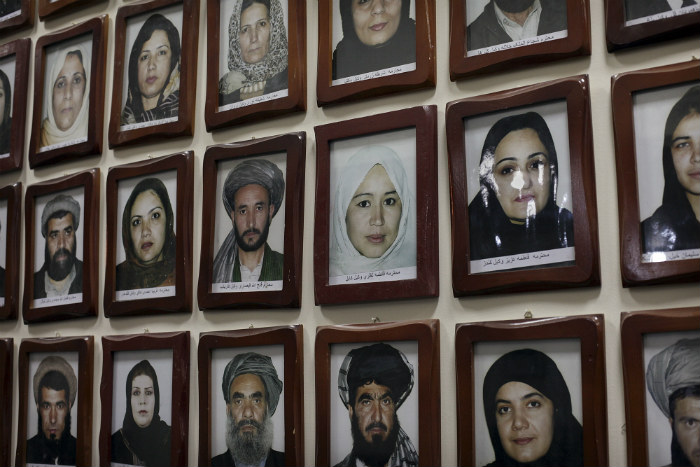By: Tonya Blowers
Send to a friend
The details you provide on this page will not be used to send unsolicited email, and will not be sold to a 3rd party. See privacy policy.
On 4 June, chemist Ameenah Gurib-Fakim was selected as president of Mauritius, the first woman to preside over this small island in the Indian Ocean. Just a week later, Nobel laureate Tim Hunt was forced to resign from his post as honorary professor at University College London, United Kingdom, following his now notorious comments at a South Korean conference about the “trouble with girls” in laboratories.
While the two events are not directly connected, their timely juxtaposition raises important questions about gender, power and influence in the global scientific community.
Tim Hunt insists he was “only joking” — and several female scientists have rallied to his defence. But the implication that men can only undertake the serious work of science when women are absent means that, on the contrary, we must take his words very seriously indeed.
Hunt was in an elite group of scientific career makers who oversee budgets and appointments, sit on prize giving and peer review committees, and choose who is admitted into elite societies. The posts he has lost through his carelessness include serving on selection committees at both the United Kingdom’s Royal Society and the European Research Council.
Bringing more women into such societies and committees, which traditionally have been dominated by men, would be a welcome step. Indeed evidence from developing countries reveals that stronger female representation within science and government brings benefits for women in science and in society at large.
Gurib-Fakim’s appointment as director of Mauritius’s Centre for Phytotherapy Research and her selection as the island’s president are impressive achievements. While half of undergraduate students in Mauritius are women, only a fifth of researchers are women. [1]
When it comes to global governance, as of January, only ten women were heads of state and 14 were heads of government, out of almost 200 countries. [2] Within governments, just 17 per cent of ministers and 22 per cent of national parliamentarians were women.
Source: UN Women
When women fill such positions, they tend to speak up for gender policies. In April, Naledi Pandor, South Africa’s science and technology minister, announced a quota of 20 research chairs for women. And Judi Wakhungu, Kenya’s cabinet secretary for environment, water and natural resources, has spoken convincingly about the need to include women as research leaders in community projects: she argued that because water has traditionally been women’s responsibility, consulting with them has brought clean drinking water to Kenyan villages. [3]




These women leaders recognise that if scientific research and products are to benefit local economies and communities, women’s needs and experiences must be built into both the design and the implementation process. Recent interviews suggest Gurib-Fakim, too, will fly the flag for women — and women’s needs — in science and development.
In a TED talk, Gurib-Fakim speaks eloquently about biodiversity in Mauritius, explaining how each threatened plant species has unique characteristics that could strengthen food security or provide medicines. If we destroy or neglect to nurture these plants, she warns, we lose their special contribution. [4]
In the same way, if we do not begin to rigorously introduce policies that favour the inclusion of women as decision-makers in the scientific community, we put the survival of our communities and economies at risk.
Tonya Blowers is programme coordinator for the Organization for Women in Science for the Developing World. Previously she was a staff writer at TWAS (The World Academy of Sciences) and has developed science communication courses for PhD students. She can be contacted at [email protected].
References
[1] Women researchers by country (UNESCO, accessed 23 June 2015)
[2] Facts and figures: leadership and political participation (UN Women, accessed 23 June 2015)
[3] Interview with Judi Wakhungu (UN Scientific Advisory Board, video conducted on 31 January 2014)
[4] Ameenah Gurib-Fakim Humble plants that hide surprising secrets (TED Global, video uploaded October 2014)














